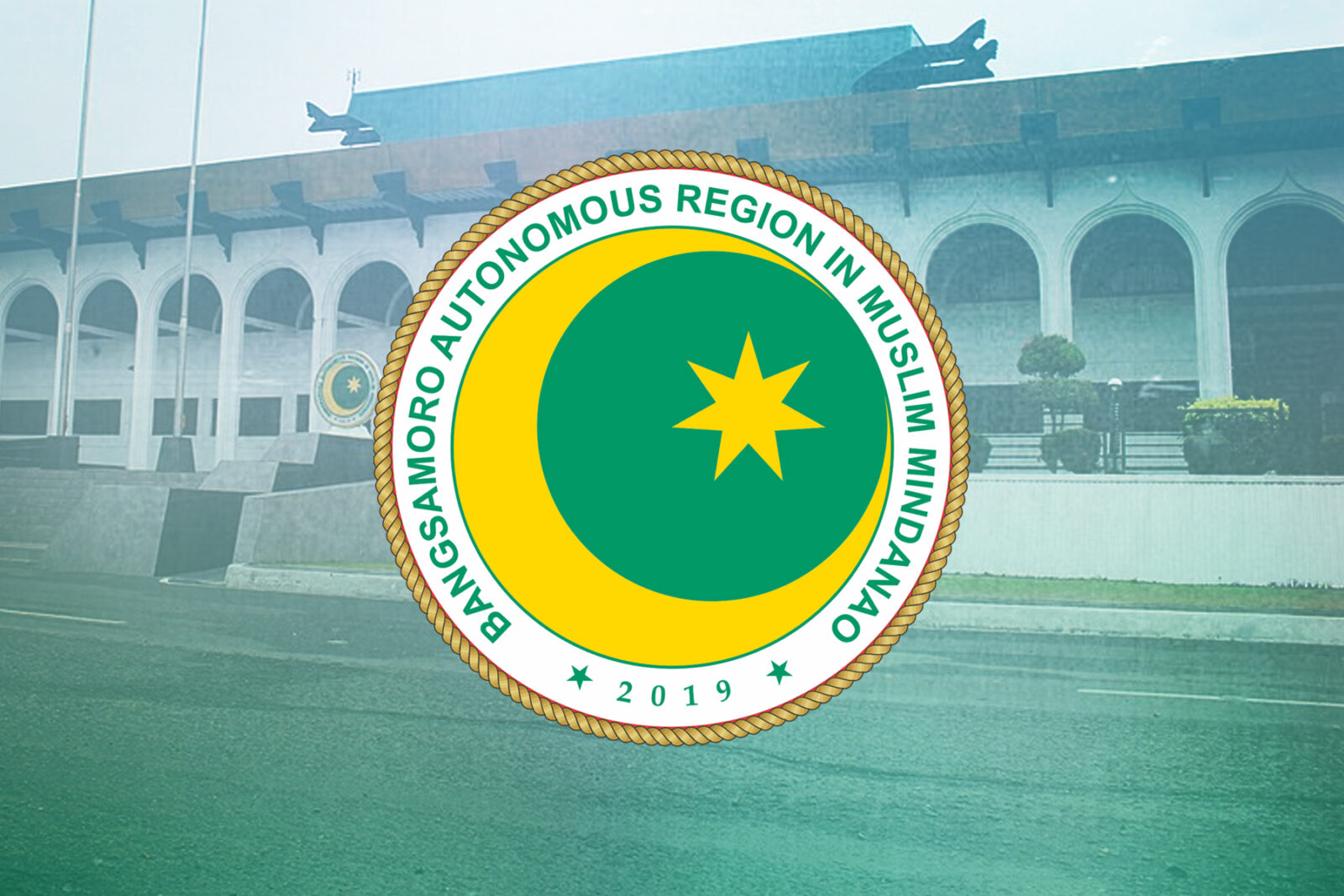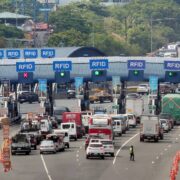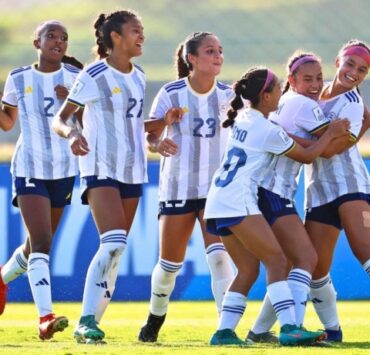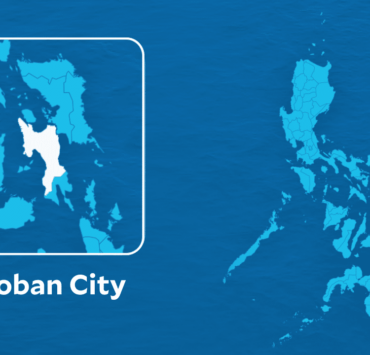BARMM polls reset prolongs violence in region, group warns

A think tank monitoring violence in Mindanao has raised fears the recent resetting, yet again, of the parliamentary elections in the Bangsamoro Autonomous Region in Muslim Mindanao (BARMM) would prolong the already rising level of violence in the region.
For a second time, Congress had postponed the first regional polls, from May 12, alongside the national and local elections, to Oct. 13 this year.
The first parliamentary elections could have been held in 2022, but it was reset to 2025 to give the transition government enough time to finish the foundations for a strong autonomous region.
Senate President Francis Escudero had said that security was among the key concerns that drove legislators to delay the holding of the regional polls by five months.
In a briefing on Thursday, the nongovernmental group Climate Conflict Action (CCAA) noted a surge in violent incidents in the BARMM in the run-up to the historic political exercise for the Bangsamoro people.
According to the group’s Year Starter Analysis, the number of conflict incidents in the region increased by 24 percent in 2024, with 2,952 last year compared to only 2,475 in 2023. This recent trend reversed a decline that was seen between 2017 and 2019.
“As the Bangsamoro heads toward its first parliamentary elections in 2025, the security and development challenges facing the region should give peacebuilders and policymakers serious pause,” said Phoebe Dominique Adorable, CCAA project manager.
University of the Philippines professor Francisco Lara Jr., CCAA executive director, said the postponement of the parliamentary elections would not lessen the trend of surging violence.
“In fact, the postponement actually threatens to prolong the violence instead of lessening it, because what we have seen is already an extended string of revenge killings and horizontal wars,” he said.
“When you postpone the elections, you prolong the time for warring groups to square off with each other, because there is still no definite result with key positions. So they will keep fighting,” he added.
Major driver
Liezl Bugtay, CCAA senior program manager for conflict monitoring, said 2025 started in a violent note in the BARMM, with 344 reports in January, up from only 268 in the same period last year.
Adorable said that clan feuding was a major driver of the violence in the region.
The group had documented 28 active clan feuds in the BARMM as of this month, with 13 of these involving members of the Moro Islamic Liberation Front (MILF).
In terms of location, 10 of these feuds were recorded in the Special Geographic Area, which is composed of 63 barangays of Cotabato province that voted to join the BARMM during a 2019 plebiscite and are now organized into eight new towns, while eight were in Maguindanao del Sur.
“In 2024, most violent clashes occurred in Maguindanao del Sur and in the Special Geographic Area,” noted Bugtay. “These escalating revenge killings and horizontal wars highlight a growing pattern of instability.”
“A major concern now is how the postponement of elections will prolong and potentially worsen these conflicts, particularly in election hotspot areas such as Cotabato City, Datu Odin Sinsuat (Maguindanao del Norte) and Marawi City,” she added.
In order to prevent the projected surge in violence during the upcoming polls, Lara called on the Commission on Elections, the military and police to “take proactive measures” particularly in areas previously considered as hotspots.
These measures include enforcing the gun ban “with full impartiality,” with Lara emphasizing that the rule should not just apply to local politicians but also to the MILF which has committed to decommission its armed wing under the 2014 peace agreement. —WITH A REPORT FROM RYAN D. ROSAURO
















